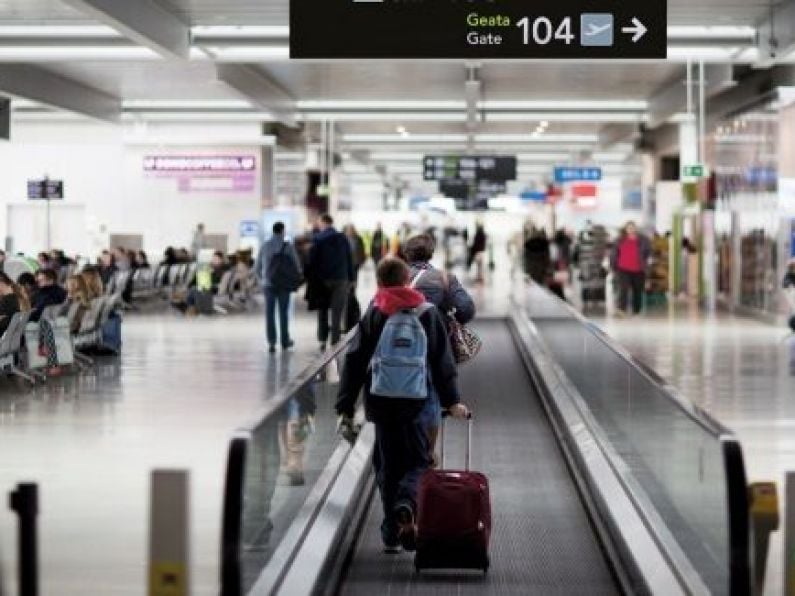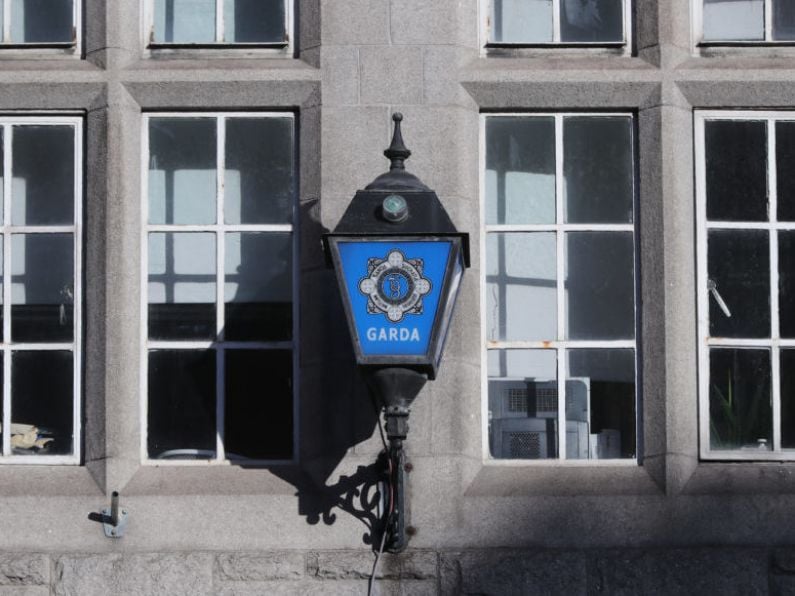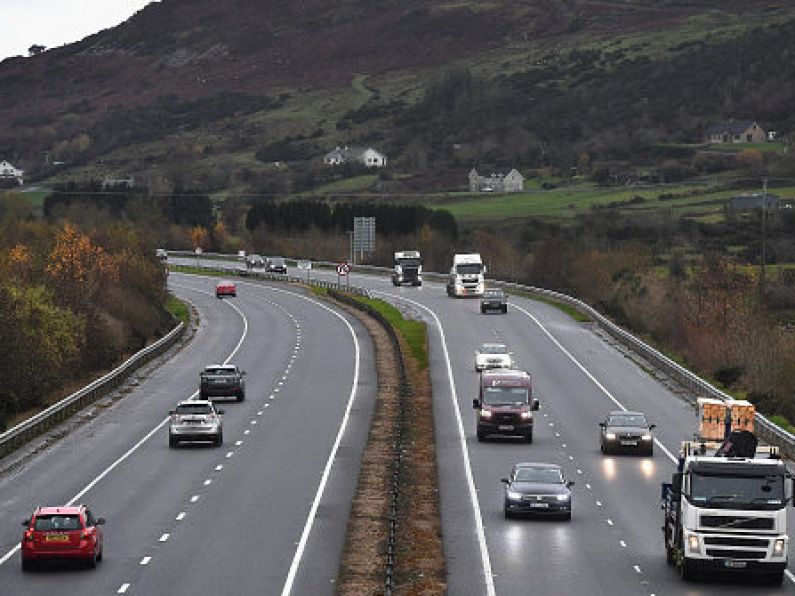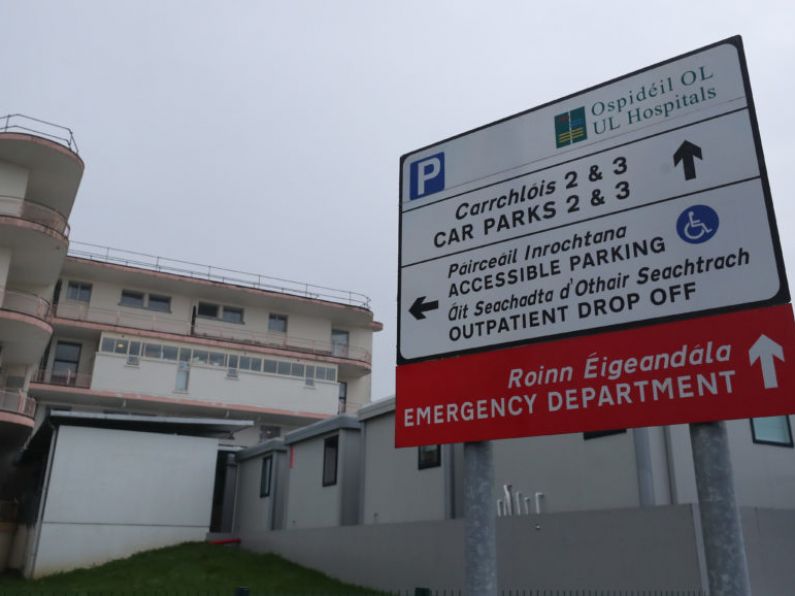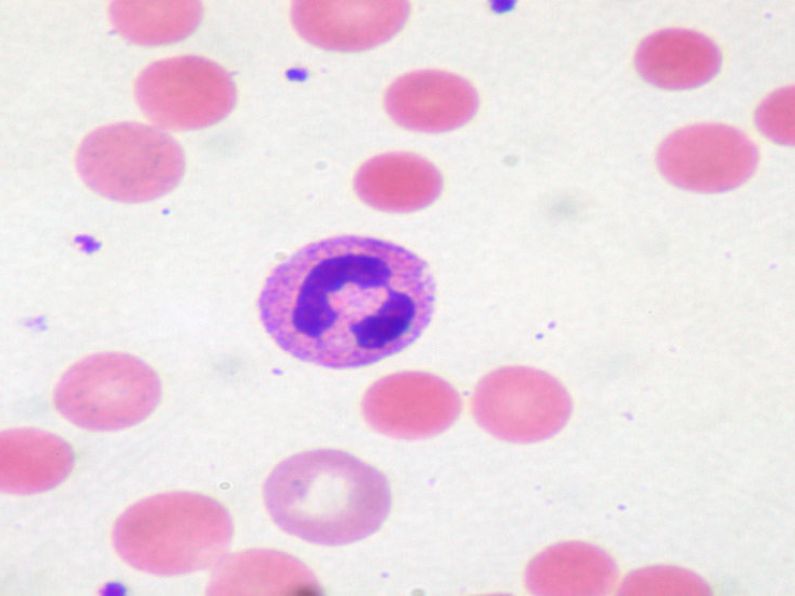By Sarah Mooney
Details of a Government plan to introduce “randomised” testing for Covid-19 at airports remain uncertain weeks after it was first announced, as a surge in cases has led to other measures being introduced to curb the spread of the virus.
With Tuesday’s Government announcement seeing passenger locator forms go electronic and increased follow up calls for arrivals into the country also confirmed, airport testing has yet to be implemented after the plan was first announced by Health Minister Stephen Donnelly earlier in August.
It comes as the Republic has continued to pursue a pandemic travel policy separate to the EU, remaining open to international travel while asking all travellers to quarantine for 14 days upon arrival. Concern has surrounded anecdotal reports of holidaymakers from countries with high rates of Covid-19 arriving in the country and failing to quarantine.
Test-to-fly
The Dublin Airport Authority (DAA) has said there may be “merit” in pursuing a system “for all non-green list countries whereby arriving passengers are required to undertake a Covid-19 test 72 hours or less before travel and submit proof of a negative test prior to travel.”
This “test-to-fly” system follows the Alaskan model, where non-resident arrivals into the state are required to provide proof of a negative Covid-19 test before being allowed to enter.
One airline operating out of Dublin already requires its passengers to follow this model, with those flying to the United Arab Emirates with Emirates airline required to display proof of a negative PCR test for Covid-19 taken a maximum of 96 hours before departure to be accepted on the flight.
Another testing option is “test-on-arrival,” a system likely to be piloted at Heathrow Airport by private aviation services company Collinson and logistics firm Swissport, with a facility set up at Terminal 2 awaiting the green light from the UK government.
The system would allow passengers to exit the 14-day quarantine period early with proof of a negative test.
Travellers would advance-book a test to be taken upon arrival off their flight into the airport, then leave for their nominated quarantine location to wait for results. It is proposed they would then take a second test and be able to leave quarantine within hours if both are clear of the virus.
‘Challenging’
However, the DAA said a test-on-arrival strategy would be “very challenging” to implement at Dublin Airport in a statement to the Oireachtas Special Committee on Covid-19 at the end of July.
Head of strategy Miriam Ryan said difficulties regarding space for holding passengers while they are being tested and shortages of qualified staff meant the DAA had placed more emphasis on testing that could be carried out before the passenger leaves their country of origin.
In its latest advice to Government, the National Public Health Emergency Team (NPHET) made no mention of airport testing but continued to recommend against non-essential travel and “any further relaxation” of current measures.
The group said it “reiterates its prior recommendations with regard to mandatory quarantine and/or the imposition of a ban on non-essential travel from countries with a high disease incidence.”
Though mention of travel bans or restrictions for countries with high rates of the disease outside of the EU and UK was made by Health Minister Stephen Donnelly earlier in August, no reference to such measures was seen in the Government’s latest bout of restrictions.
It comes as Dr Glynn said on Wednesday that just three per cent or 36 cases of Covid-19 confirmed in the State over the past 14 days had been travel related.
In a statement, the Department of Health said there remained “an elevated risk of imported cases of Covid-19 through international travel.”
“The Department is working with the HSE and other relevant Departments and agencies to finalise the design and roll-out of this testing programme,” it said, with it unclear if those tested will be arrivals or departures, or if flights from particular locations will be targeted.
